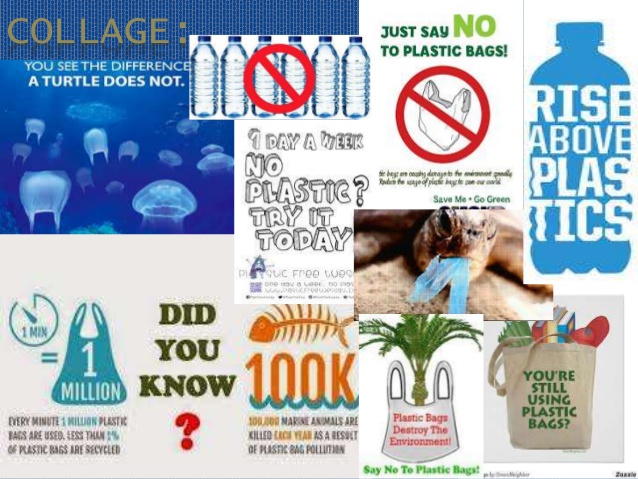Whether you’re a home chef or a professional, plastic is everywhere you look. Why does it matter?
The era of plastic-free and zero waste bloggers is here. More and more people are saying no to the excessive amounts of single-use plastic in shops, markets and restaurants. In Siem Reap, the first zero waste restaurant is said to open in late 2018. In Cambodia, the trend is as prevalent and important as anywhere else in the world with sensational initiatives like Refill Not Landfill — encouraging tourists and the community to break free from bottled water. Clean up activities have often been the early steps for the youth of Cambodia to begin considering the impact of plastic on the environment. Many groups across the country make regular events to engage the community and clean things up a bit. Locally initiated social operation, Plastic Free Cambodia (PFC), aims to educate and motivate people to change their habits for their own health benefit, as well as protecting the environment. Thanks to PFC, we have some tips you can use to reduce plastic. Chances are that, in the long term, you may even save money!
Tip 1: Say no to plastic bags! Take a cloth bag or a basket with you to the market or supermarket to carry your goods in.
These are becoming available in many places and even small produce bags for fruit and vegetables are now being produced in Cambodia. If your produce is delivered to your hotel or restaurant, ask the seller to bring it with no plastic bags — more and more places are able to offer this.
Tip 2: Plastic straws suck! In a bad way.
There are lots of alternatives available for reusable (metal, acrylic, glass and bamboo) and biodegradable (bioplastic — made from corn starch and paper) at reasonable prices throughout Cambodia. See our story about bamboo straws for more details.
Tip 3: Refill not Landfill!
It’s estimated that around 4 million plastic bottles are discarded every month in Siem Reap alone. While some are recycled, many end up in a landfill. With accessible drinking water available, why not get a water filter? The prices start from only $20 and they’re made in Prey Veng, Cambodia. Large 20L blue bottles of water are ferried all over towns and provinces daily. They’re exchanged and refilled which really reduces the amount of plastic. Grab a glass or reusable bottle and drink up!
Tip 4: Coffee is a habit, don’t make plastic your habit too!
The coffee craze is sweeping the country. While already a popular drink, in more recent times, European-style coffee has entered the market and is becoming a daily ritual for all. Are you a barista? Can you offer your customers a discount when they bring their own cup? Check if your customer is not going far? Do they need a lid and a bag and a straw? Or is the cup enough by itself? And especially, never pour hot coffee into a plastic cup. This melts the plastic and it gets drunk along with the coffee.
Tip 5: Dine in or chan srak it away!!
Dine in or chan srak it away! Styrofoam is one of the most toxic materials we could consider eating food out of, burning it is even worse and putting it in landfill is a disaster waiting to happen. You can encourage people to dine in or bring their chan srak (tiffin box) for take away. If take away is a necessity for your business, then change over to biodegradable take away boxes made from sugar cane fibres — healthier for your customers and don’t contain any chemicals (they’re also good in compost).

